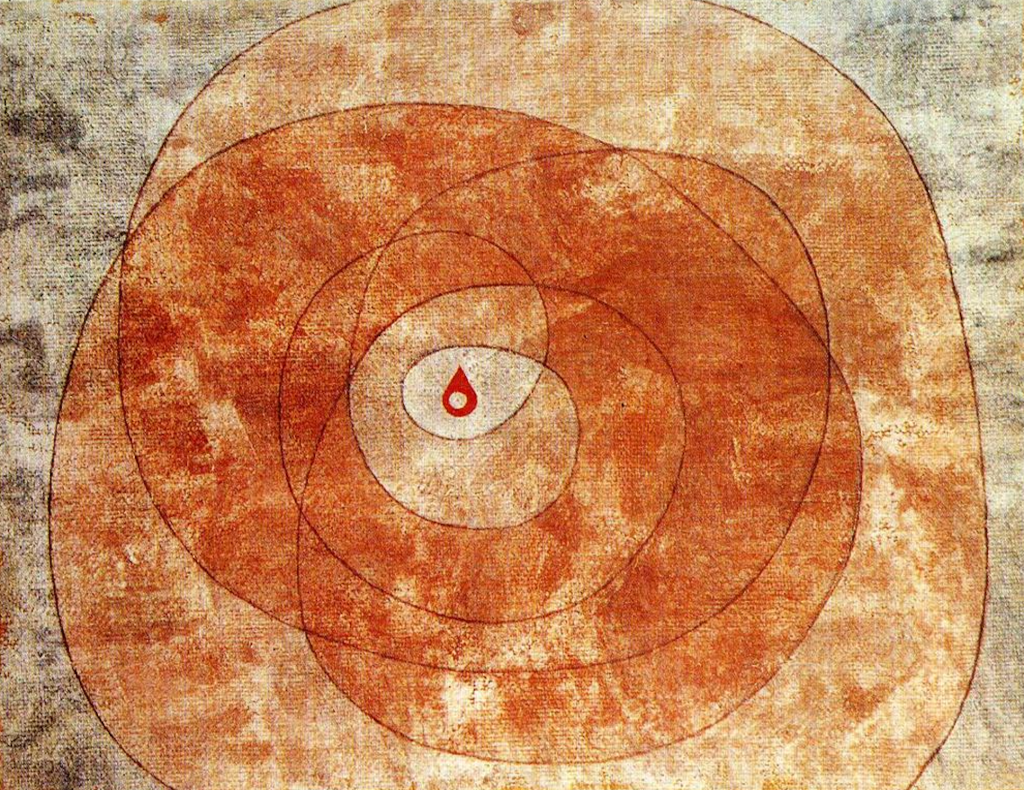In this post, Sebastian Bender discusses the article he recently published in Ergo. The full-length version of Sebastian’s article can be found here.

Essences play a key role in Spinoza’s philosophy, but it is surprisingly difficult to figure out what he takes them to be. Are essences concepts, as some commentators suggest? (Wolfson 1934; Newlands 2018.) Or are they something in things? And what is their theoretical role in Spinoza’s system?
The surprising finding of the paper is that Spinoza’s account of essence is much further removed from traditional Aristotelian accounts than one might expect.
The notion of essence has had a central role in the history of Western philosophy at least since Aristotle, and Spinoza’s account can only be understood against this background. For Aristotle and his scholastic successors, the essence of a thing tells us what that thing is. A well-known example is the Aristotelian definition of a human being as a rational animal. This definition expresses the essence of a human. It states that being rational and being an animal are essential to being human.
Three aspects of traditional Aristotelian essences are noteworthy. First, they are universal. Tina and Tom both belong to the species ‘human’ because they share the same essence. Thus, Aristotelians hold that essences explain why individuals belong to a certain kind or species. Second, the essential features of a thing are its core features, and they are explanatorily prior to any non-essential features. The ability to laugh, for example, is something humans cannot lack, but it is not an essential quality because it depends on rationality, which is explanatorily prior. Finally, according to Aristotelians essential features are intrinsic. This last point is often not mentioned, presumably because it is taken for granted (it is made explicit, though, by Cohen & Reeve 2021).
In the early modern period, many aspects of the Aristotelian metaphysical framework are overthrown. This includes, for instance, the notions of substantial form and prime matter, which many early modern philosophers deem useless or confused. Other Aristotelian concepts and tools, however, continue to be used; among them is the notion of essence. Despite their strongly anti-Aristotelian rhetoric, philosophers such as Descartes, Hobbes, and Cavendish more or less adhere to an Aristotelian conception of essence (Schechtman 2024).
What about Spinoza? As recent scholarship has shown, there is at least one clear point of divergence between Spinoza and the Aristotelian tradition: Spinozistic essences are most likely individual essences (Martin 2008; Della Rocca 2008). For Spinoza, humans do not all share the same essence; instead each human being has a highly specific individual essence. In fact, Spinoza tends to view general kind concepts, such as ‘human’ or ‘horse,’ as epistemically problematic. Such concepts may mislead us because they tempt us to ignore real and meaningful differences between distinct things in the world. Like many other philosophers of the second half of the seventeenth century (including, e.g., Leibniz), Spinoza severs the connection between essences and kinds (Schechtman 2024).
Setting this issue aside, however, many commentators have argued that Spinoza by and large adopts an Aristotelian framework of essence. Here is Thomas Ward’s succinct summary of this reading:
Although [Spinoza] rejects part of the Aristotelian conception of essence, according to which it is in virtue of its essence that a thing is a member of a kind, he nevertheless retains a different part of an Aristotelian conception of essence, according to which an essence is some structural feature of a thing which causally explains other, non-essential features. (Ward 2011, p. 44)
Thus, it seems that according to Spinoza essences are intrinsic features of things, and they are explanatorily prior in that they account for the less fundamental features of such things. It thus seems that, except for the fact that his essences are individual while Aristotelian essences are universal, Spinoza accepts much of the Aristotelian framework.
In contrast, I argue that Spinoza’s account of essence is much less Aristotelian than this commonly held view might suggest. The main issue is that Spinoza questions an idea which Aristotelians, and many other philosophers, simply take for granted: that the essence of a thing tells us what that thing is. On Spinoza’s view, essences – at least the essences of singular things – can do so only in part.
To see why this is so, it is important to note (i) how singular things relate to God for Spinoza, and (ii) how singular things relate to their own causal history.
As for the first point, Spinoza is a substance monist, who holds that God is the only substance. Everything else—be it tables, apples, or planets—is ‘in’ God and can only be ‘conceived through’ God (E1def5). Thus, in order to (fully) understand what a certain singular thing is, one needs to understand God.
As for the second point, Spinoza holds that “[t]he cognition of an effect depends on, and involves, the cognition of its cause” (E1ax4, translation modified). Thus, in order to (fully) understand what a singular thing is, one must grasp the entire causal history of the thing.
It may seem, then, that essences are really packed, or ‘overloaded,’ for Spinoza (Della Rocca 2008; Lin 2012). But this is not his view. In fact, Spinoza tries to explicitly avoid the ‘overloading’ of essences. At an important passage, he writes that “singular things can neither be nor be conceived without God, and nevertheless, God does not pertain to their essence” (E2p10s2). Similarly, Spinoza does not include the causal history of singular things in their essences.
The result is that, unlike Aristotelians, Spinoza believes that the essences of singular things do not render these things fully conceivable. Both God and the causal history of a thing are needed to fully grasp what a thing is. But since Spinoza excludes information about God and causal history from the essences of singular things, grasping these essences does not enable us to (fully) understand what the things they are essences of truly are. From this we can conclude that Spinoza’s view of essences and their theoretical role is quite different from the traditional Aristotelian account.
Want more?
See the full article at https://journals.publishing.umich.edu/ergo/article/id/2266/.
References
- Cohen, S. Marc and C. D. C. Reeve (2021). “Aristotle’s Metaphysics.” In: The Stanford Encyclopedia of Philosophy (Winter 2021 Edition). Ed by Edward N. Zalta. URL = <https://plato.stanford.edu/archives/win2021/entries/aristotle-metaphysics/>.
- Della Rocca, Michael (2008). Spinoza. Routledge.
- Lin, Martin (2012). “Rationalism and Necessitarianism.” Noûs 46(3): 418–48.
- Martin, Christopher (2008). “The Framework of Essences in Spinoza’s Ethics.” British Journal for the History of Philosophy 16(3): 489–509.
- Newlands, Samuel (2018). Reconceiving Spinoza. Oxford University Press.
- Schechtman, Anat (2024). “Modern.” In: The Routledge Handbook of Essence in Philosophy. Ed. by Kathrin Koslicki and Michael Raven. Routledge, 41-52.
- Spinoza, Baruch de (1985). The Collected Works of Spinoza (2 vols.). Ed. and trans. by E. Curley. Princeton University Press. [References to the Ethics (E) are cited by using the following abbreviations: ax = axiom, d = demonstration, def = definition, p = part, s = scholium.]
- Ward, Thomas (2011). “Spinoza on the Essences of Modes. British Journal for the History of Philosophy 19 (1): 19–46.
- Wolfson, Harry (1934). The Philosophy of Spinoza. Harvard University Press.
About the author

Sebastian Bender is Assistant Professor in Philosophy at the University of Göttingen. His research focuses on early modern philosophy, especially on the metaphysics, epistemology, philosophy of mind, and political philosophy of this era. He writes on figures such as Francisco Suárez, René Descartes, Nicolas Malebranche, Baruch de Spinoza, Gottfried Wilhelm Leibniz, Anne Conway, John Locke, Margaret Cavendish, George Berkeley, David Hume, and Immanuel Kant.